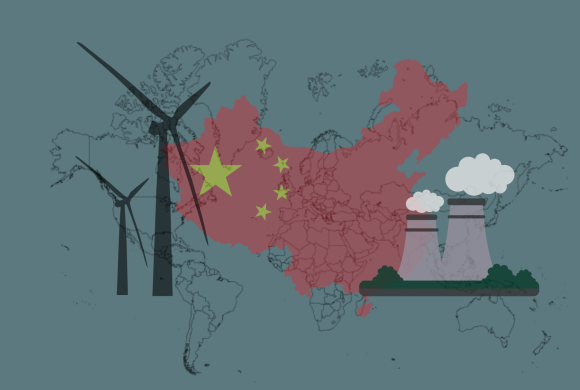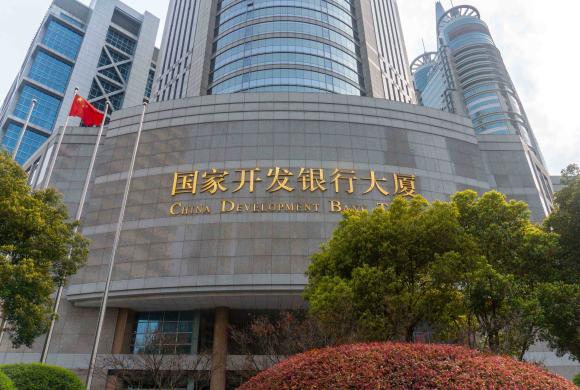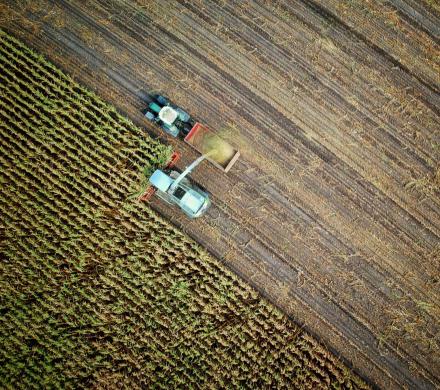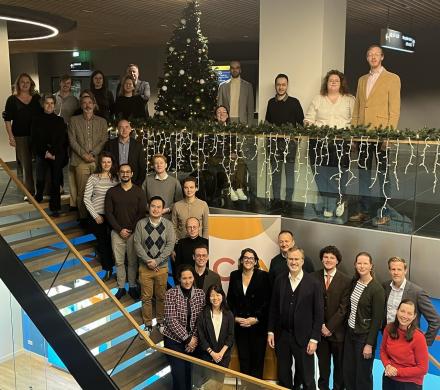A green future for China: what role for the Netherlands and Europe?
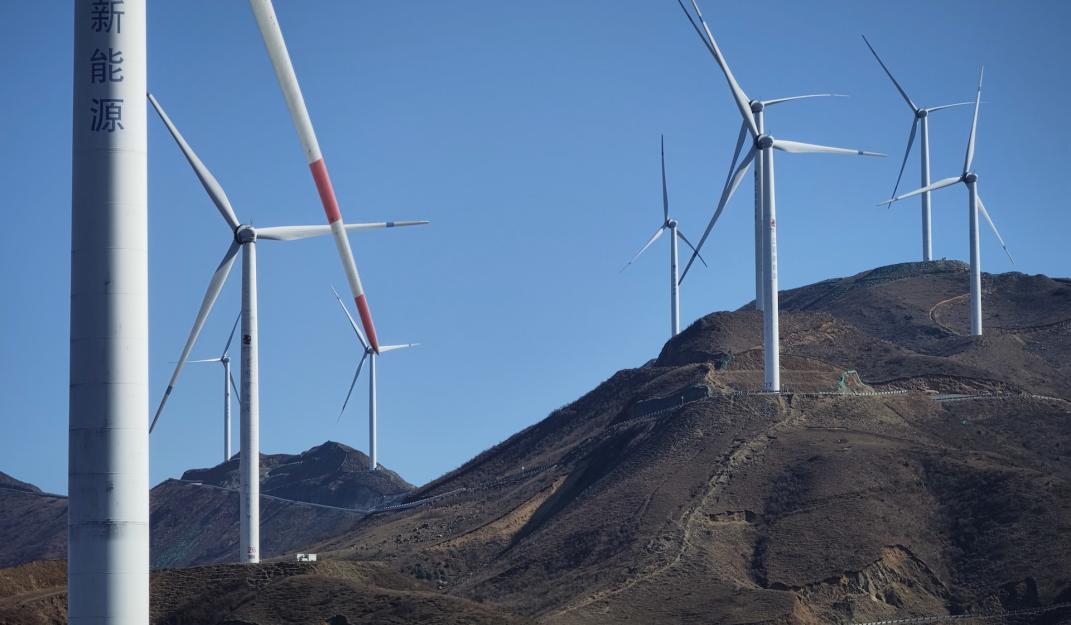
On the 16th of January, the China Knowledge Network hosted a network event to explore the role of the Netherlands and Europe in a green future for China.
Prof. dr. ir. Arthur Mol (Rector Magnificus of Wageningen University and Research) offered insights into the opportunities and challenges of scientific collaboration with China, especially in the areas of sustainable development and innovation. A first response and moderation was delivered by Dr. Louise van Schaik (Clingendael Institute).
Dr. Harry den Hartog (TU Delft/Tongji University) presented his field work in Zhejiang province, inviting people to “slow down” and encouraging reflection on what the Netherlands could learn from China’s rural revitalisation strategy. In a Q&A conversation moderated by Dr. Ingrid d’Hooghe (Clingendael Institute) he further explained that he is set to continue his research on rural revitalisation along lengthy walking trails in China and the Netherlands.
Finally, Els de Wit (Ministry of Infrastructure and Water Management) and Dr. Sanne van der Lugt (independent China researcher), in a panel moderated by Floris Harm (LeidenAsiaCentre), shed light on China’s rapid increase in the production and export of electric vehicles (EVs). Looking at the topic from a geopolitical and green mobility perspective, they highlighted the contradiction between wanting to maintain European industry while also relying on Chinese EVs to reduce carbon emissions.

Clingendael Institute
Clingendael is an independent think tank and a diplomatic academy, based in The Hague - City of Peace and Justice. We aim to contribute to a secure, sustainable and just world through our analyses, training and public debate. We work with partners across public and private sectors, including policymakers, members of the armed forces, diplomats, politicians and business executives.

LeidenAsiaCentre
The aim of the LeidenAsiaCentre is to generate academic knowledge on modern East Asia that can find societal applications in the Netherlands. The LeidenAsiaCentre focuses primarily on East Asia: China (including Taiwan), Japan, Korea and Singapore, but is expanding its focus to include South and Southeast Asia, notably India and the Indo-Pacific. As an independent NGO by Dutch law, the LeidenAsiaCentre identifies topics related to social-economic and political developments within Asia that are of relevance for the Netherlands and Europe at large.

